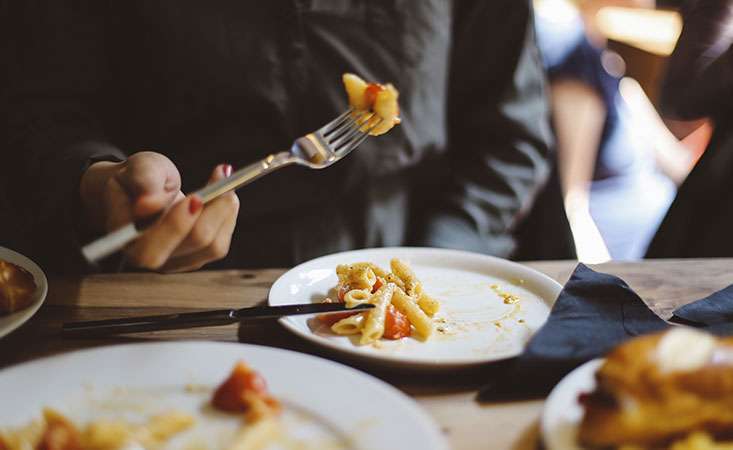
When undergoing treatment for pancreatic cancer it’s hard to know how side effects can present themselves. One side effect patients may face is a change in how they experience food.
We asked Jeannine Mills, MS, RD, CSO, LD., clinical oncology dietitian for the Norris Cotton Cancer Center and member of the Pancreatic Cancer Action Network’s (PanCAN) Scientific and Medical Advisory Board, what patients should know about taste changes.
“Taste changes can present prior to diagnosis, while undergoing chemotherapy and postoperatively,” said Mills.
“When taste changes are directly related to treatment, taste can sometimes improve in between cycles of chemotherapy but can also persist throughout the duration of treatment. Postoperatively, it can take some weeks following surgery for taste to finally normalize. Sometimes medications added to treatment regimens can also alter taste. Often, the mouth can become dry, and this too can impact taste.”
Mills also shared some tips that she gives to her patients to enhance their experience with food:
- Patients can try rinsing or cleaning their mouth just prior to eating using a non-alcohol mouth rinse. Anything that contains alcohol is too abrasive
- If patients sense a metallic taste, they can try to avoid consuming canned foods. It may be helpful to use plastic or wooden utensils as well
- Certain foods can taste unpleasant to some patients. When this is the case, try foods that do not offer complex tastes, and are instead more bland and simple (i.e. use a mild sauce with pasta, or go without sauce altogether)
- Adding fresh herbs or spices can enhance food that is tasting dull. Add fresh herbs to an omelet, or cilantro to tomato soup. Serve chunky salsa with eggs in the morning, squeeze lemon on vegetables, choose greens that have a bite (e.g. arugula) or add sour pickles or olives as a side with your meal.
Since each individual patient will have different nutritional needs, we recommend patients consult with a registered dietitian for nutritional advice. A dietitian or nutritionist who is familiar with cancer patients would be able to evaluate each patient’s needs, help design a diet that is best for them, and answer any questions about introducing new foods or recipes.





